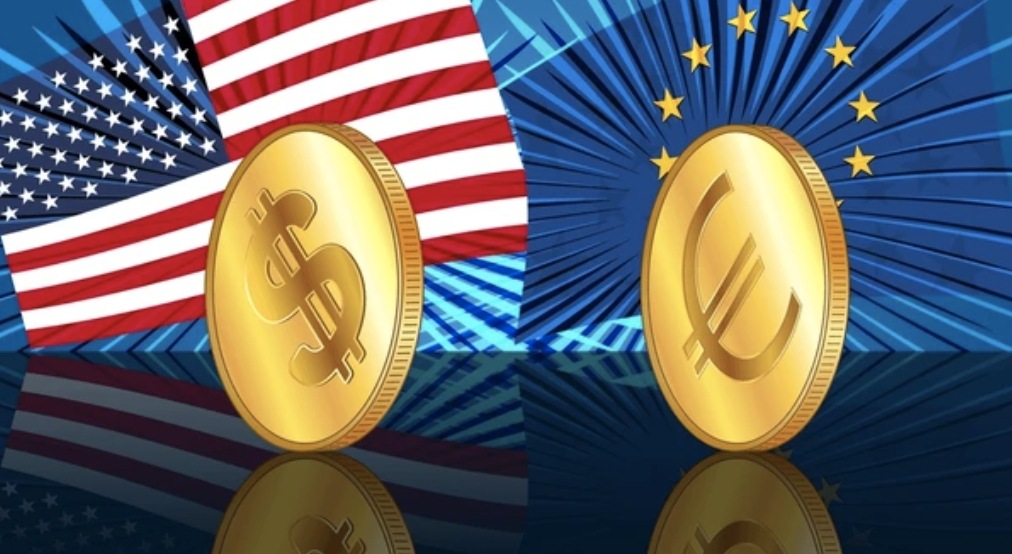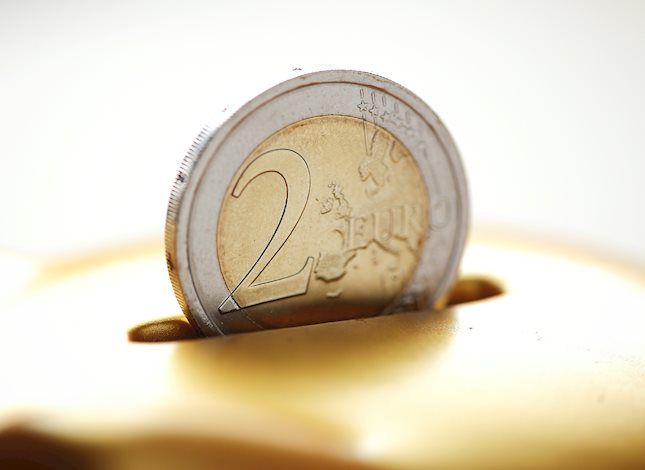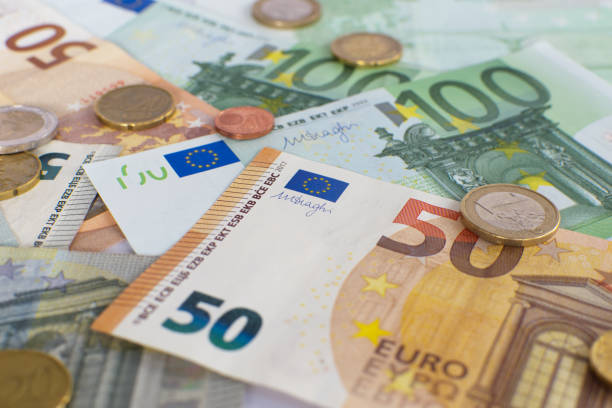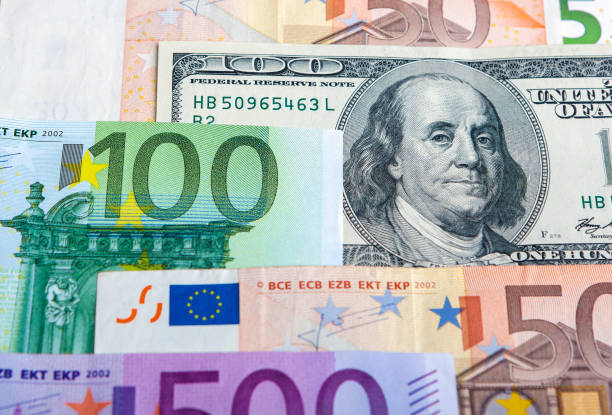ECB Cuts Rates; Fed May Lower by 100 bps: Is the Euro More Resilient?

TradingKey - The European Central Bank (ECB) has cut rates by 25 bps, as anticipated. The market expects an additional 36 bps of cuts from the ECB this year, while the Fed is projected to lower rates by 100 bps. This raises the question: Is the euro more resilient than the dollar?
On Thursday, the ECB announced a cut in the deposit rate from 3.75% to 3.50%, the lowest level since June 2023, aligning with market forecasts. The ECB indicated that recent inflation data is generally consistent with expectations and reaffirmed its commitment to bringing inflation back to 2%.
Piet Haines Christiansen from Danske Bank noted that the decision reflects a cautious stance toward further cuts due to rising wages and persistent inflation.
The ECB has not committed to a specific interest rate path and will continue a data-driven approach to keep rates sufficiently restrictive. It expects inflation to reach its 2% target by the end of 2025, with forecasts of 2.5%, 2.2%, and 1.9% inflation rates for 2024, 2025, and 2026, respectively.
Lindsay James at Quilter Investors remarked that the rate cut provides relief for consumers and businesses, potentially aiding Europe’s recovery, but future cuts remain uncertain. The ECB has less room to maneuver compared to other central banks, although another cut in October is possible.
Will the Fed Cut Rates by 100 BPs This Year?
The euro briefly rose after the announcement, but the increase was limited to 0.1%. The dollar index fell due to a rise in initial jobless claims and weaker-than-expected August PPI data. Gold prices surged to a historic high of $2,534.
Recent data showed the U.S. August PPI year-on-year at 1.7%, below the expected 1.8%. Initial jobless claims rose slightly to 230,000.
The swap market remains stable, with expectations that the Fed will cut rates by a total of 100 bps this year, suggesting a further 75 bps cut after September.
With the market anticipating a 75 basis point cut from the Fed and a 36 basis point cut from the ECB, the euro may prove more resilient than the dollar. The likelihood of a significant decline in the EUR/USD exchange rate appears to be diminishing.
Forex strategist Audrey Childe-Freeman stated that those expecting the ECB to adopt a dovish stance that weakens the euro may be disappointed.






